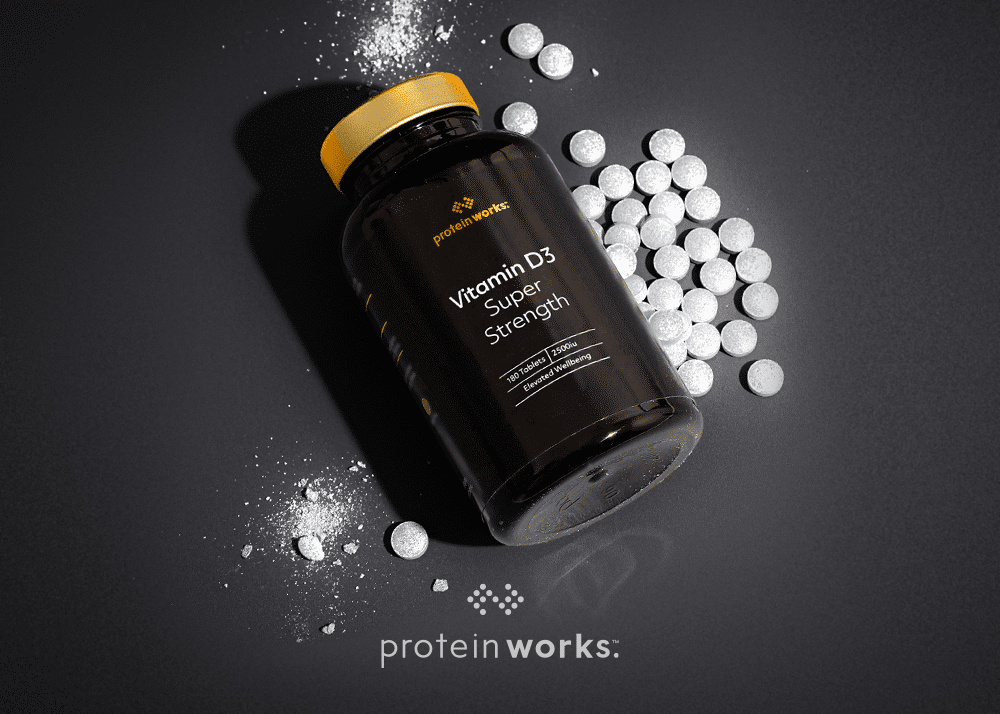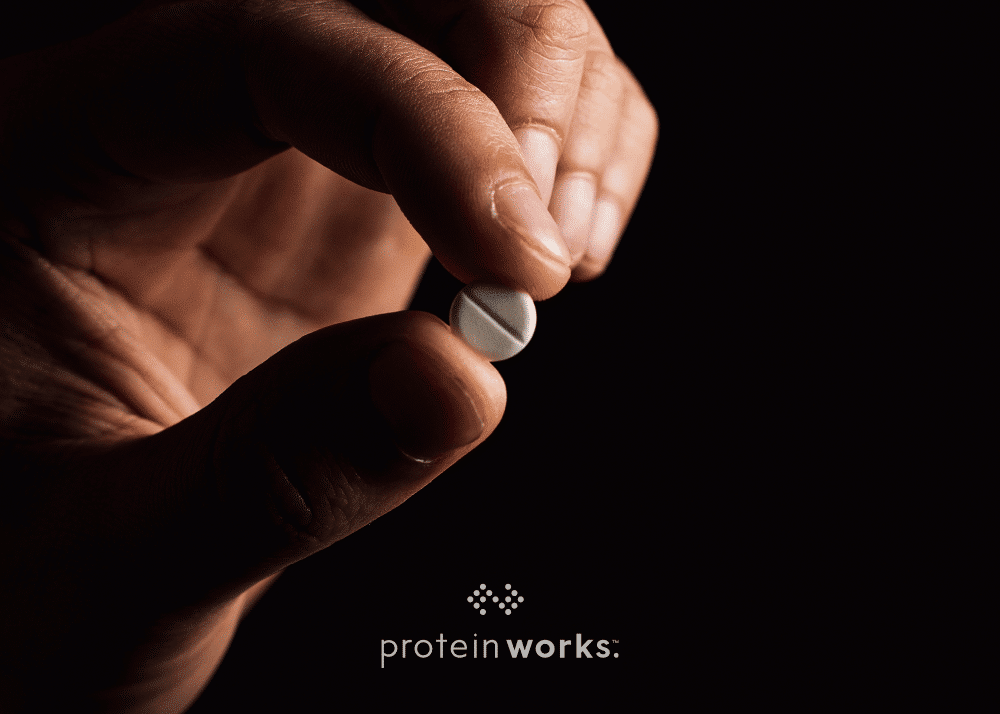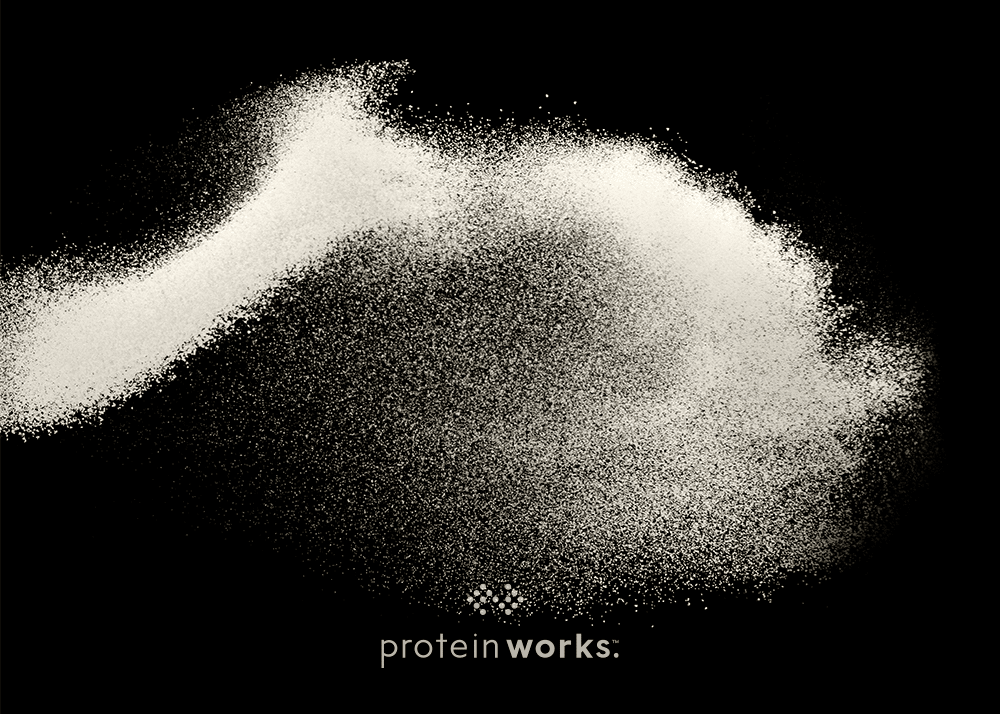
How Much Protein Should I Be Consuming?
The question of how much protein to have is something I see on forums all the time. People give varying different answers some nearer the mark and others just completely off, some people say it will turn to fat if you have too much and others say it will be used as energy. Hopefully here, you’ll gain some clarification on how much protein to be consuming and will be able to better yourselves.
What is Protein Made of?
Protein is made of amino acids, there are many different proteins but the best type to aim for are of high biological value, this is as they have an amino structure similar to that that is needed by the body (2, 4, 5). An example of these is eggs, meats, poultry and dairy products, protein can be obtained from grains of veg but these are of low biological value, meaning they don’t have all the amino acids we require (2,4).
What about Whey Protein?
Whey protein is a fantastic source of protein and when it comes to biological value whey is higher than eggs, meats, soy and fish (2, 7). Due to this, whey protein is great to supplement with, which explains why it is the most popular protein supplement in the sports nutrition market (2). I find the main advantages is the simplicity and price, I’ve been subject to eating eight meals a day with no supplements and I’ve also had smaller diets with three or four meals a day and whey supplements and the latter is much more friendly on the wallet and is far more time saving.
Anyway, with that said this brings is to the big question, how much protein should you consume?
How Much Protein Should I Consume?
Like everything else it depends on your goal, as you most likely know, when we factor in our training regime (regardless if this is strength or cardio based) our protein requirements increase (1, 2, 3, 4, 5, 6, 7, 8). However, this doesn’t mean you should have every gram of protein you can get your hands on the average recommendation for protein intake is 0.8-1.2 grams per kilogram of body weight (1, 5). This means, if you weight 100kg you should have between 80 and 120g of protein per day.

I Thought More Protein was Better?
The answer to this is both yes and no.
Like everything else, we need to look at our goals and decided from there. Both weight and cardio training increase our need for protein as does dieting, due to protein being used as an energy source in a caloric deficit (1, 2, 3, 4, 5, 6, 7, 8). Therefor, if we are dieting whilst doing weight training we should increase are protein intake to more than we would have during any other phase, this would allow for protein to be used as energy and a surplus for repair of our muscles.
You might be able to guess what I’m going to say now, but experiment with your protein intake. Start by working out your daily caloric intake and then looking at both scales I’ve provided and look into increasing your protein intake, whether this is by another whey protein shake or an extra chicken breast. Although I would have to suggest another shake as in comparison whey is cheaper and more convieniant that food.
The Final Word.
Like I said, what works for your mate might not work for you, experimentation is key as most things in this area are subjective to you. This is the best approach as you will either see an improvement or not and from there you know if it has or hasn’t worked, in all honesty,this is an approach I’m taking with my friend who is training for a marathon. I’m tweaking her workouts and diet slightly and seeing how she responds and then either continuing or stopping the change.
Reference:
1. Brooks, G., Fahey, T., & Baldwin, K. (2005). Exercise Physiology Human Bioenergetics and Its Applications. (4th ed.). New York: McGraw Hill
2. Campbell, B., Spano, M., & Conditioning Association. (2011). NSCA’s Guide to Sport and Exercise Nutrition. Human Kinetics.
3. Cribb, P. J., Williams, A. D., Carey, M. F., & Hayes, A. (2006). The effect of whey isolate and resistance training on strength, body composition, and plasma glutamine. International journal of sport nutrition and exercise metabolism, 16(5), 494.
4. Haff, G. G., & Triplett, N. T. (Eds.). (2015). Essentials of Strength Training and Conditioning 4th Edition. Human kinetics.
5. Jeukendrup, A., & Gleeson, M. (2010). Sport nutrition: an introduction to energy production and performance (2nd ed.). United States of America: Human Kinetics
6. Phillips, S. M. (2004). Protein requirements and supplementation in strength sports. Nutrition, 20(7), 689-695.
7. Smithers, G. W. (2008). Whey and whey proteins—from ‘gutter-to-gold’.International Dairy Journal, 18(7), 695-704.
8. Tarnopolsky, M. A., Atkinson, S. A., MacDougall, J. D., Chesley, A., Phillips, S., & Schwarcz, H. P. (1992). Evaluation of protein requirements for trained strength athletes. Journal of Applied Physiology, 73(5), 1986-1995.







No Comments yet!